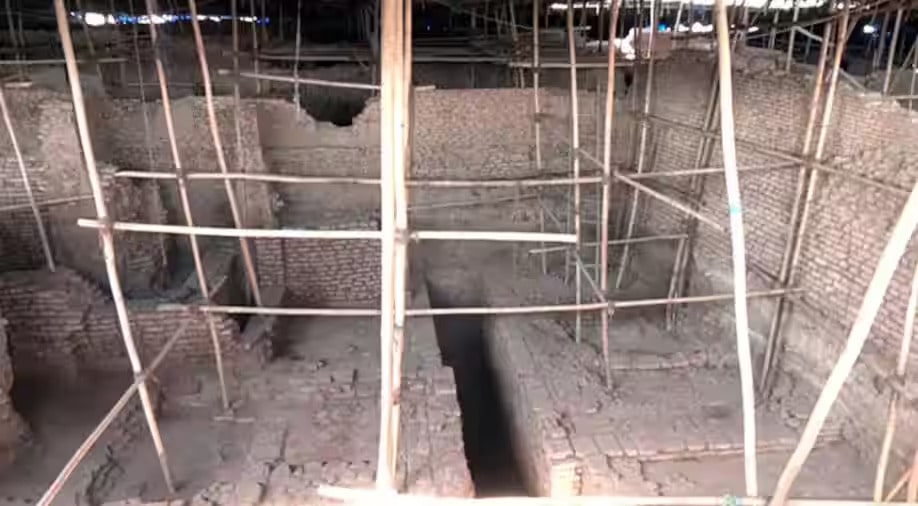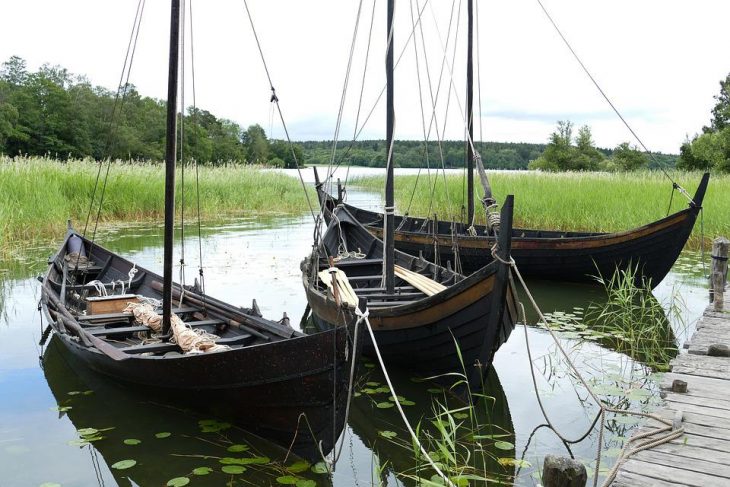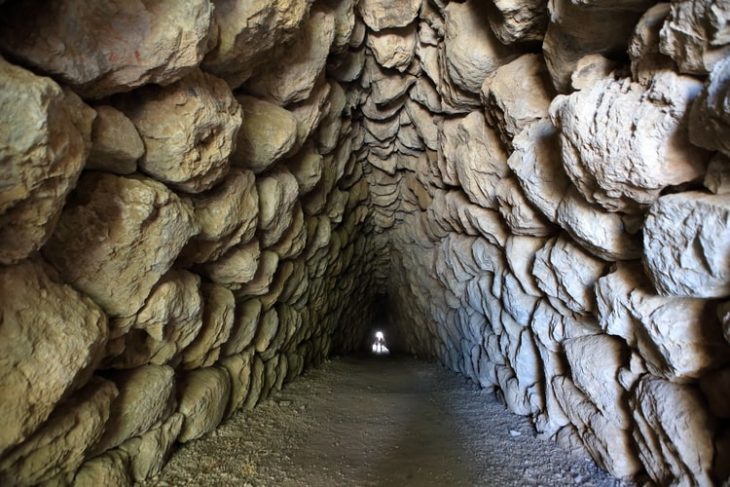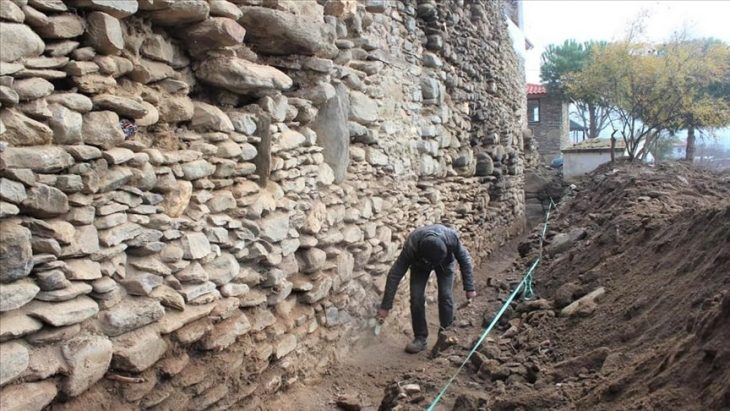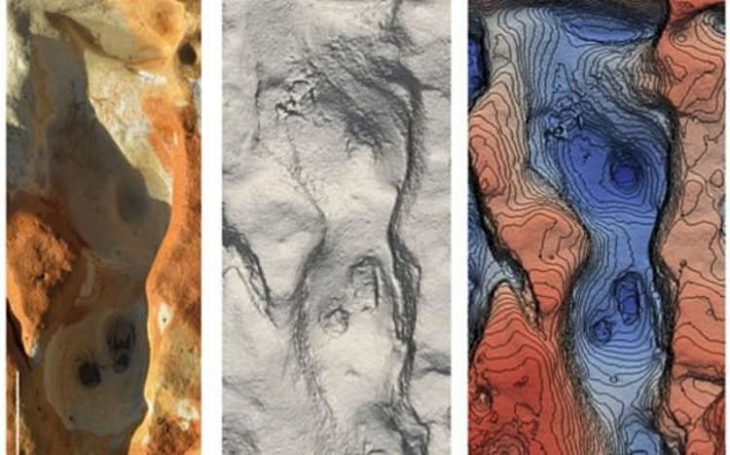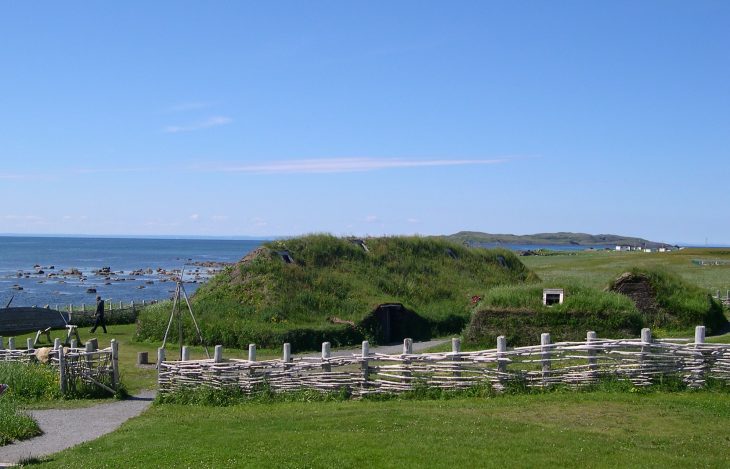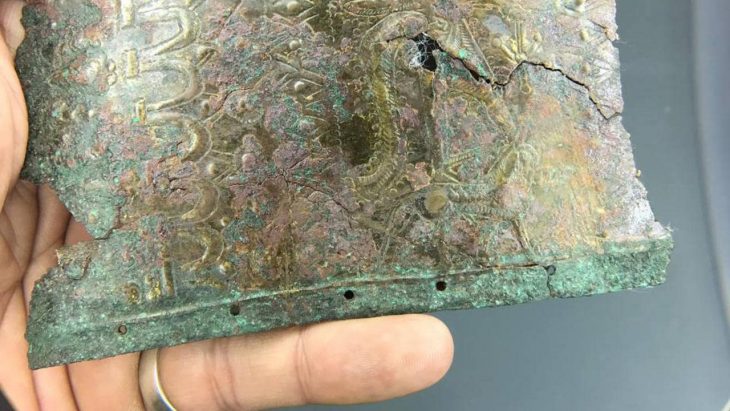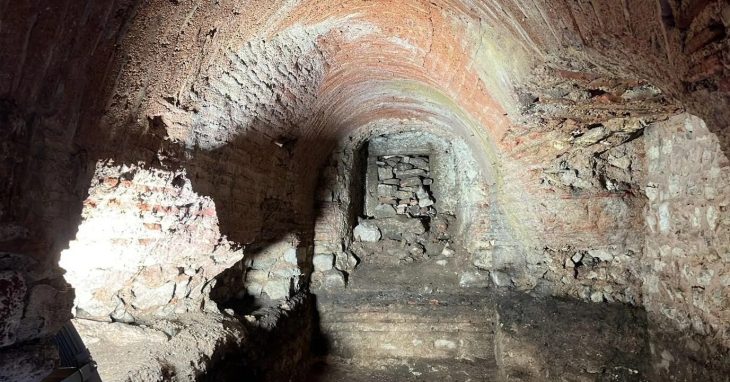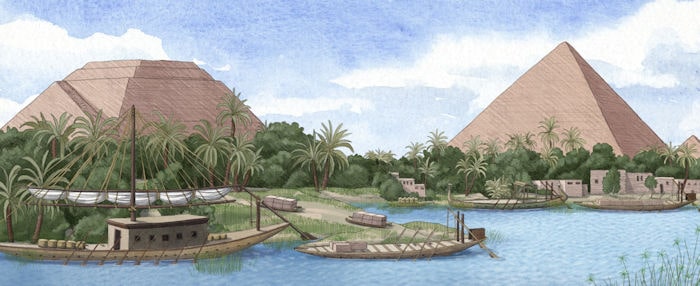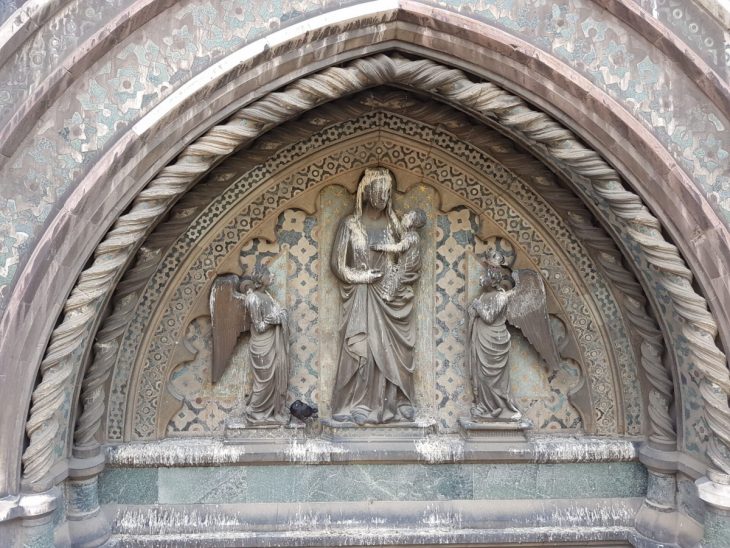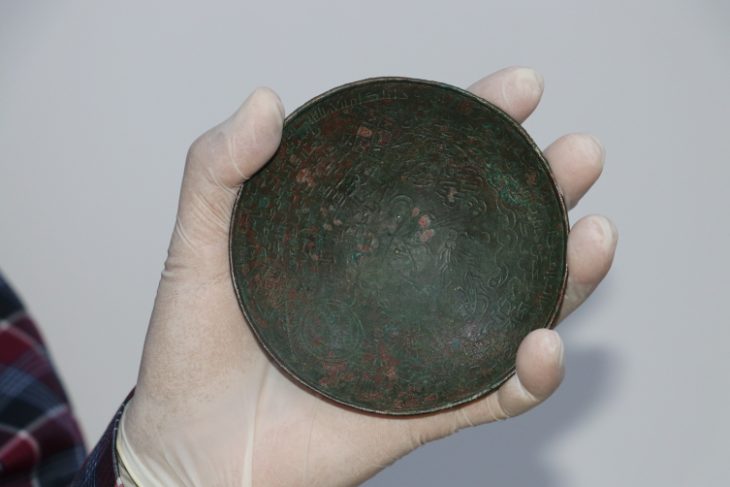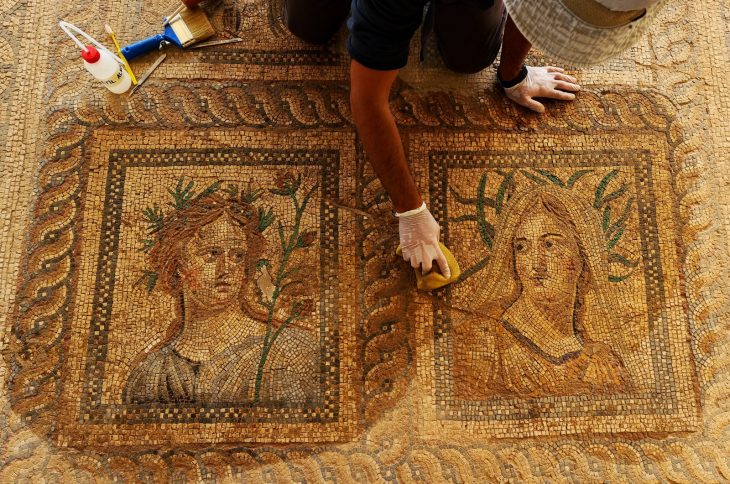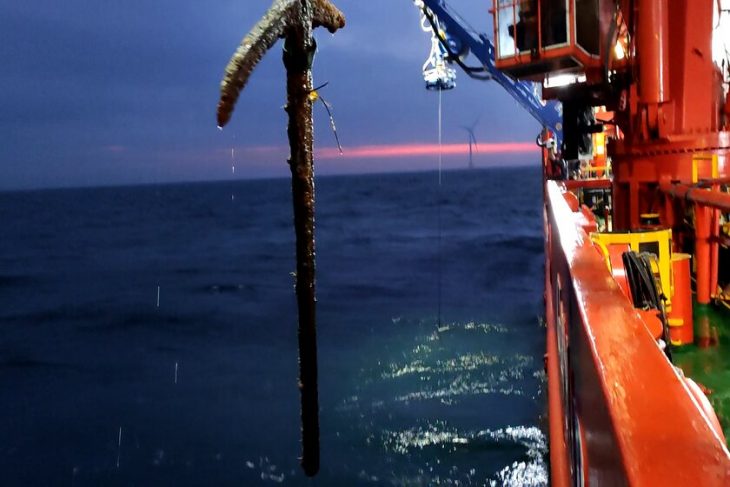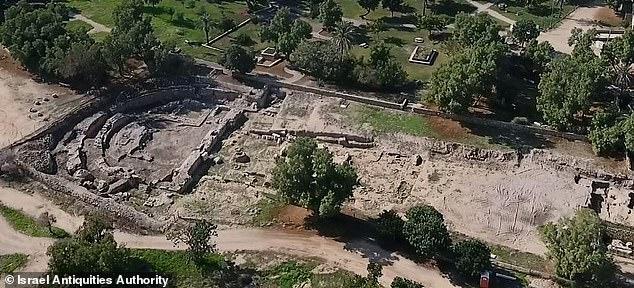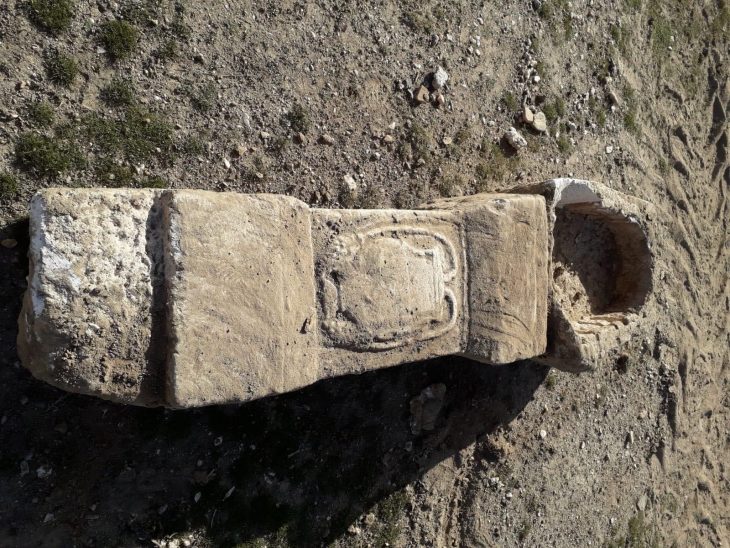An excavation in Gujarat’s Vadnagar, about 900 km southwest of New Delhi, India, has found the remains of a settlement dating back 2,800 years.
The settlement as ancient as 800 BCE in Vadnagar has been uncovered by researchers from IIT Kharagpur, the Archaeological Survey of India (ASI), the Physical Research Laboratory (PRL), Jawaharlal Nehru University (JNU), and Deccan College.
The human settlement that goes back as old as 800 BC revealed the presence of seven cultural stages, said, officials. The findings thus imply that the “Dark Age” was a myth and that cultures continuously existed in the region without total annihilation during the last 5,500 years.
Researchers said some of their recent unpublished radiocarbon dates suggest that the settlement could be as old as 1400 BC, contemporary to the very late phase of the post-urban Harappan period.
The Dark Age refers to the time period between the collapse of the Indus Valley Civilization and the appearance of the Iron Age, which included cities such as Gandhar in modern-day Afghanistan and Koshal in modern-day Uttar Pradesh in India.
The human settlement is contemporary to late-Vedic/pre-Buddhist Mahajanapadas or oligarchic republics,” the institute said in a press release.
ASI archaeologist Abhijit Ambekar, co-author of the paper, told PTI news agency, “Excavation in its several deep trenches revealed the presence of seven cultural stages (periods) namely, Mauryan, Indo-Greek, Indo-Scythian or Shaka-Kshatrapas, Hindu-Solankis, Sultanate-Mughal (Islamic) to Gaekwad-British colonial rule and the city is continuing even today. One of the oldest Buddhist monasteries has been discovered during our excavation.”
Archaeologist Abhijit Ambekar added that the archaeological artifacts they found included pottery, copper, gold, silver and iron objects and intricately designed bangles. Coin molds of Greek king Appollodatus from the Indo-Greek rule at Vadnagar were also found, he added.
He also claimed that the remains discovered make Vadnagar the oldest living city within a single fortification unearthed so far in India.
“The earliest settlement period in Vadnagar started at least during 800 year BCE i.e., the early Iron Age or questionably the Late Vedic period and pre-dates both Buddhism and Jainism. This period continues into the Mauryan rule and ends with its fall around 150 year BCE. After the downfall of the Gupta Empire, large-scale de-urbanisation, drying up of water bodies, famines and population contraction across India occurred”, said Dr. Anindya Sarkar, Professor of Geology and Geophysics at IIT Kharagpur.
These findings provide valuable insights into the diverse cultural and historical layers of Vadnagar, highlighting its significance as a hub of civilization throughout the centuries.
The findings were published in a paper titled ‘Climate, human settlement, and migration in South Asia from Early historic to medieval period: Evidence from new archaeological excavation at Vadnagar, Western India’ in the journal ‘Quaternary Science Reviews’.

